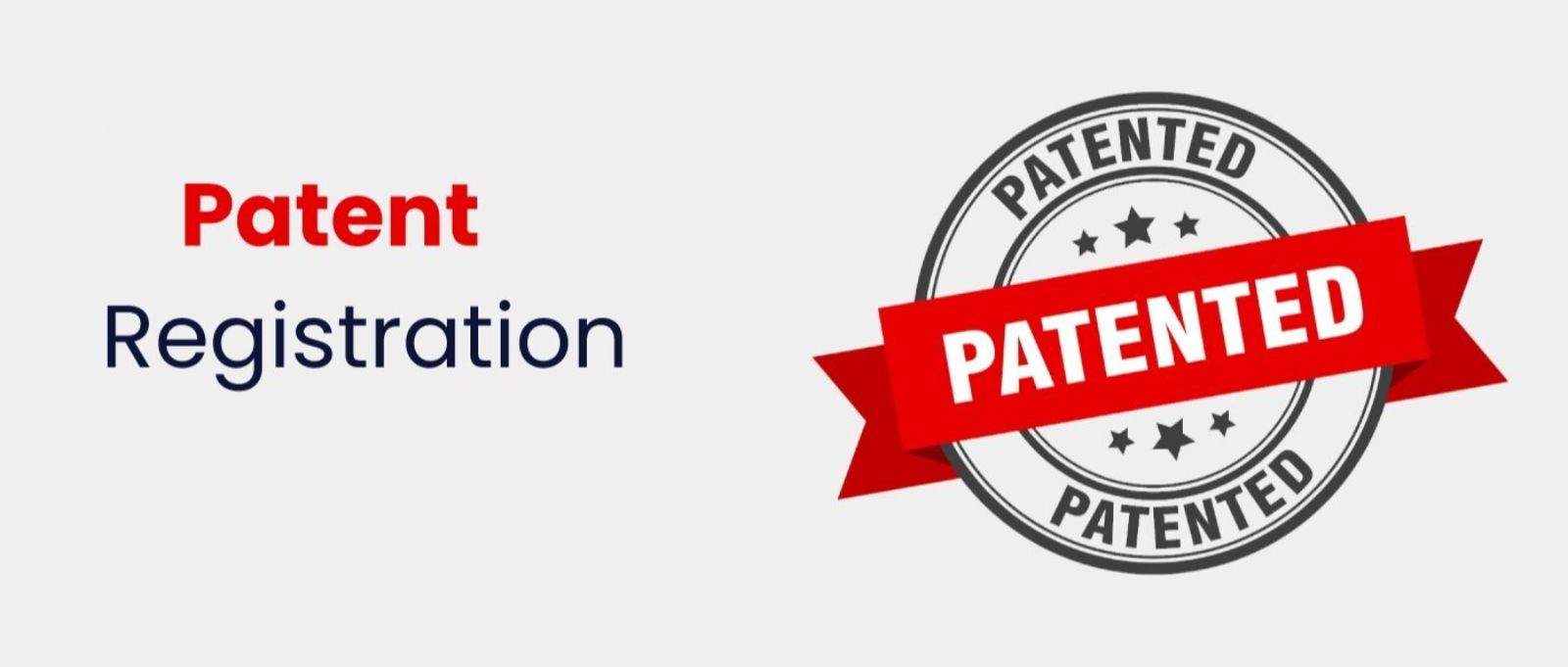
Patent Registration
Patents are pivotal in protecting the intellectual property rights of fresh innovations, be they products, services, or processes. In India, to ensure these rights are recognized and upheld, one must adhere to the Indian Patent Act of 1970 for patent registration.
www.filingall.com we understand the intricacies of the Indian patent landscape. With our experts and streamlined processes, we guide you step-by-step, ensuring your invention stands out and receives the protection it rightfully deserves. Ready to safeguard your innovation? Let IndiaFilings lead the way to hassle-free patent registration.
What is a Patent?
A patent is a legal certificate that grants individuals or companies exclusive rights to protect their inventions, ensuring others cannot import, produce, or sell their inventions without permission. Many inventors patent their innovations to shield their unique concepts from unauthorized use.
Patent Registration
Patent Registration is a formal process that grants inventors exclusive rights to their invention, whether it's a product, service, or technology. This gives the inventor sole authority over their creation for the patent's validity. Inventors and businesses must register their patents to prevent unauthorized individuals or entities from using, selling, or manufacturing their inventions without consent.
What is Eligible for Registering Patent in India?
In India, a diverse range of inventions can be granted patent protection. These encompass:
- Products: This encompasses novel and inventive tangible items like machinery, gadgets, chemicals, drugs, and fabricated goods.
- Processes or Methods: Patents can be obtained for innovative procedures or methods that present a fresh approach to performing a particular task or producing an item. This might cover manufacturing techniques, industrial processes, or pioneering methodologies
- Machines: Any innovative and practical mechanical inventions, especially those showcasing novel mechanisms or parts, are patentable.
- Manufactured Goods: Articles produced using a distinct method or possessing unique attributes can be patented.
- Chemical Formulations: Novel and inventive chemical substances, encompassing medicinal drugs, are eligible for patents.
- Biotechnological Discoveries: Advances in the realm of biotechnology, such as genetic modifications, gene mapping, and groundbreaking biotech processes, can be patented.
- Software and Digital Innovations: In certain cases, software and computer-related inventions that exhibit originality and inventiveness can secure a patent.